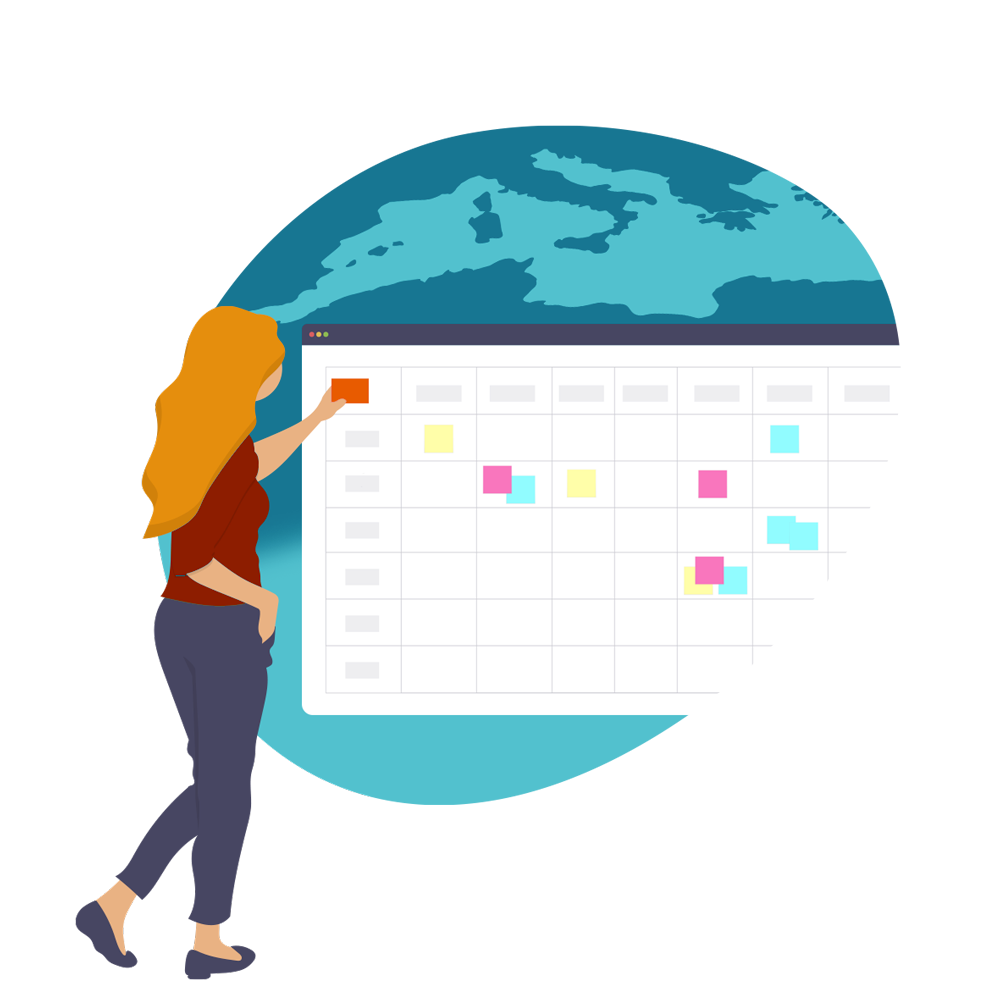Call for Papers: ‘The Standing and Understanding of Scholars in Society: Arab and German Experiences’

This conference aims at bringing together scholars from various disciplines (social sciences and humanities as much as natural sciences, life sciences, etc.) who are interested in understanding the societal role of academic scholars in the Arab world and in Germany. We also invite papers with a similar focus on other European or neighbouring countries. One key aim of the conference is to create a better understanding of the chances and challenges of academics ‘going public’ – whether it is through their contributions to media discourses, policy counselling, the conduct of blogs or other forms of science communication. Another key objective is to reflect on the involvement of stakeholders from society in research projects – the challenges of participatory and transdisciplinary research for and with society.
The current COVID-19 pandemic has brought researchers from the areas of epidemiology, virology and public health, as well as economics, political science and sociology into the prime interest of decision-makers and the broader public. Similar trends have become visible also in countries of West Asia and North Africa (WANA), e.g. concerning the improvement of health, resilience and wellbeing in times of crises.
The overall goal of this conference is the initiation of a transnational dialogue on the standing and understanding of scholars in public life and social interaction. Their impact on society is a question of global relevance, not least since academics have come under increasing criticism by populist politicians and their supporters in a number of countries. While scholars in WANA countries often face considerable obstacles due to limited financial research resources, restricted access to international knowledge production, limited academic freedom and a lack of prestige and status, scholarship in Germany and other European countries has come under intense debate since science-sceptical voices have gained prominence in public discourses. There, especially researchers’ roles and expectations in political debates have been questioned, particularly when academics take over the role of experts with a certain impact on society (such as most recently concerning the climate crisis, Brexit or European immigration policies). In addition, increasing focus on ‘financial returns on research’ causes hardships for fundamental research without immediate fiscal reward.
In general, discussions during this conference shall oscillate around the question how various institutions and social groups, such as governments, parliaments, political parties, trade unions, religious communities, media and civil society organisations search for, and react to, scientific input, and how – on the other hand – institutions of higher education and research are prepared and open for taking over a decidedly societal function and role in discussions of public interest in and beyond their academic work.
The specific added value of the conference will be the comparative perspective on debates around scholars in society. The mutual perspectives on the various forms of their nexuses can help, for instance, in understanding how academic expertise and political decision-making can enter a fruitful alliance. Different panel discussions will problematise various sub-aspects of the public engagement of researchers, both in Germany/Europe and the Arab world.
Contributors may focus on one or several of the following themes (non-exclusive list):
- Connections between academics and society in Germany/Europe and/or the Arab world over time, e. g., concerning trust, communication, transfer and involvement, and funding;
- Barriers and bridges between evidence-based scholarship and ideology-based policymaking;
- Scholars as public actors during the current COVID-19 pandemic.
Interested participants are invited to submit an abstract of their intended paper in English (max. 200 words) to the organisers Dr. Nadine Abdalla, American University of Cairo, Dr. Luise Fischer, Fraunhofer Center for International Management and Knowledge Economics, and Dr. Jan Claudius Völkel, Arnold Bergstraesser Institute Freiburg, until 31 August 2020 to jan.voelkel[at]abi.uni-freiburg.de.
Important Dates:
31 August 2020: Submission of abstract (max. 200 words)
20 September 2020: Notification of accepted participants
14 – 16 December 2020: Conference in Berlin, Germany
A Word on COVID-19:
All planning for this conference occurs under the pretext of the evolving COVID-19 pandemic. The organisers will fully comply with the official recommendations of the German government at all stages of the project during preparation, conduct and follow-up processes of the conference. In case participants cannot physically travel to Berlin (for renewed lockdowns or international travel restrictions), the organisers will do their utmost to ensure an equivalent online participation through professional streaming technology of the whole conference into the internet.
This conference is organised by the AGYA Working Group Transformation.